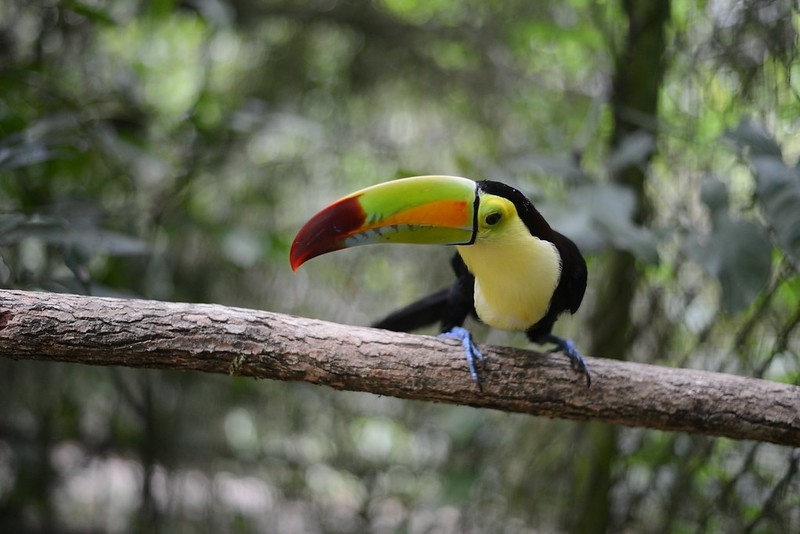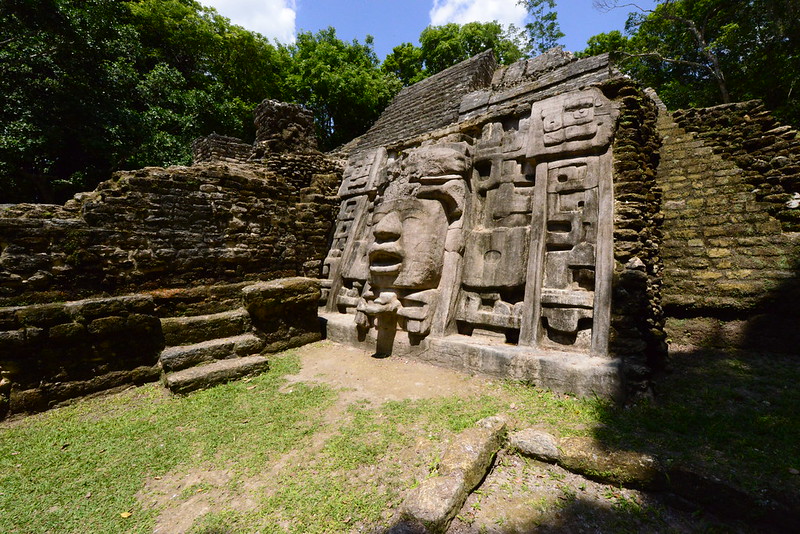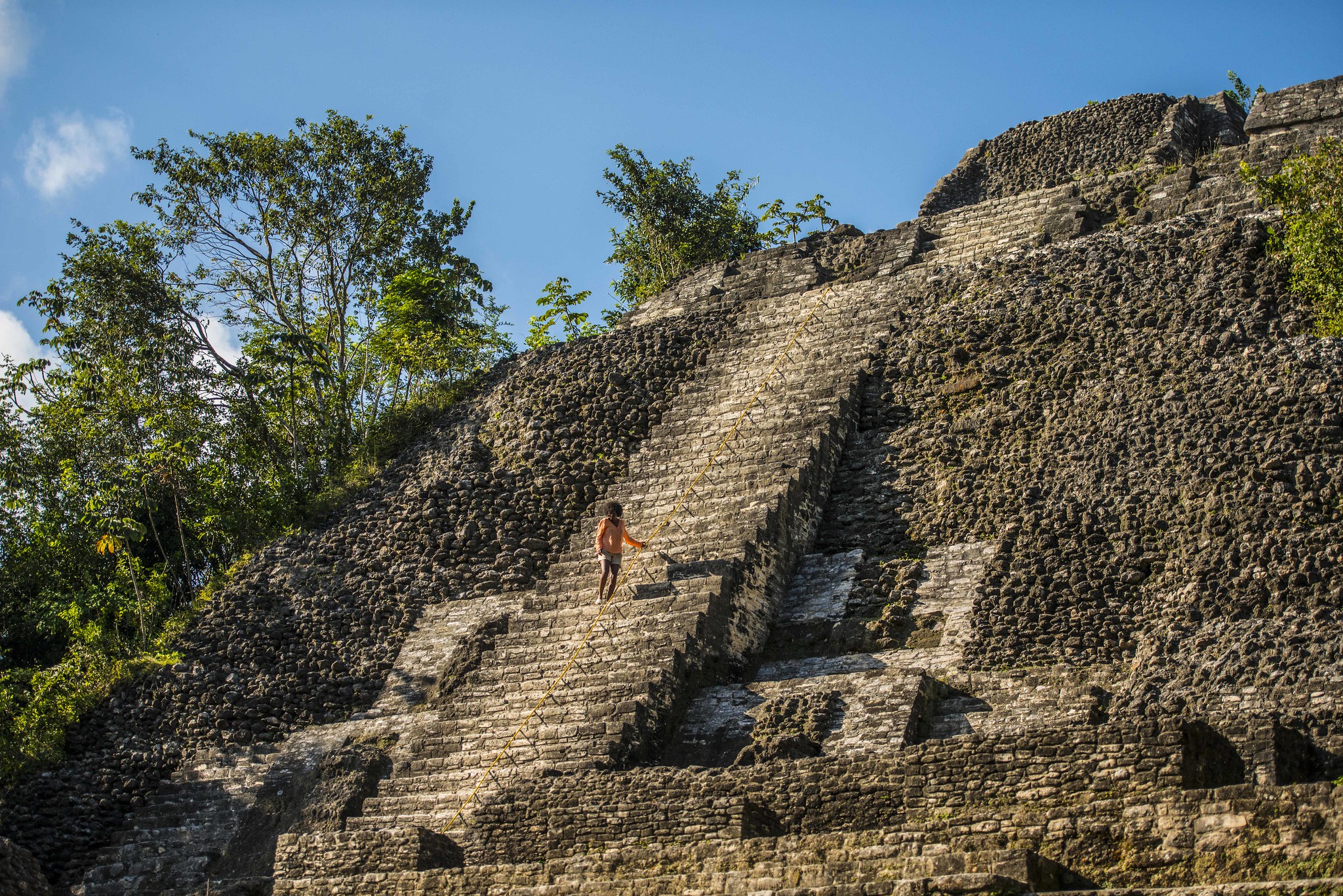ESCAPE THE ORDINARY
Discover Belize
Belize has a population of about four hundred thousand people in area the size of Massachusetts or Wales. It is a country of rivers, of forests, of islands, and of diverse wildlife. She exports sugar, citrus fruit and concentrate, bananas, shrimp, farmed fish and reef product, papaya, value added timber products, tourism, and most recently light crude oil. Road links with Mexico and Guatemala are much improved in recent times.
Several cultures and languages are found in Belize with Kekchi and Mopan Maya Indians to the south and west, mestizo and Yucatecan Maya in the north. The Garifuna culture is found in the central and southern coastland; East Indians are found across the country. Creole (more directly of African decent than the Garifuna who mixed with Amerindians of the Eastern and southern Caribbean) populate Belize City and the river valley.
The mutual respect between these and other cultures is inspiring. These days there are few British but a good number of Americans and Canadians who choose to work or retire there. The 20th century brought many Spanish-speaking refugees to Belize and there is also a sizeable oriental population. Commerce thrives in Belize; air service is non stop from Houston, Dallas, Miami, Atlanta, Miami, Charlotte, and Newark, as well as Los Angeles via El Salvador.
ABOUT BELIZE
History
Piracy was seasonal in the late 1600's early 1700's and so English and other sailors who became known as "Baymen" tried logging up the coastal rivers. They did this with some success, a good number freeing their slaves and sometimes marrying the women.
The first evidence of European settlement dates from about 1670, well before Australia was settled. By the late 1700's when freed women also had a say in the affairs of the settlement, there was a vote to flee or to stay and fight off a Spanish fleet who wanted to claim the area for Spanish maps.
Matters culminated on September 10th 1798 at the battle of Saint Georges Caye when a small Spanish fleet was fought off by the Baymen and their slaves, with some help from a British Naval detachment under a Captain Moss in HMS Merlin. The roots of Belize's harmonious multi racial society evolved from the event
The settlement developed and came under direct British administration in the mid 1800's acquiring the name British Honduras. Happily Belize recovered its original name in June 1973 and become fully independent on 21st September 1981.
The origin of Belize's name is variously reported as having been derived from a pirate called Wallace, to a Spanish word for marker buoy, and even to a Greek word "obelize" used in early map making to mark an unnamed or doubtful spot.
Today the country of Belize is rich in resources and operates under a Westminster style of Government being a monarchy with an upper appointed senate and a lower house of elected representatives.
The language of Government is English. Since there is no monarch the country "borrows" Queen Elizabeth as titular Head of State while she appoints from time to time a Governor General who is nominated by the Government but is not political. Democratic elections are freely held every five years and the governing party changes as dictated by the electorate.
Adventure awaits, and so does your perfect ride.
ABOUT BELIZE
Quick Facts

English Speaking
English is Belize's official language, and it is the only English-language-speaking country in Central America. Spanish is also widely spoken.

Short Travel Distances
Distances to your destination are
rarely more than 150 miles and often
much less.

Right-Hand Side Driving
Travelers from the U.S. don't have to worry about adjusting to the left side of the road, as the country of Belize also drives on the right.

Accessible Attractions
Major highways are well sign posted and attractions are generally easily accessible.

Friendly People
Belize people and culture make you feel welcome and comfortable, like nowhere you’ve ever visited.

Easy Currency
Belize currency exchange is extremely easy for most visitors as the Belize dollar is locked at $2 Belize = $1 USD.





